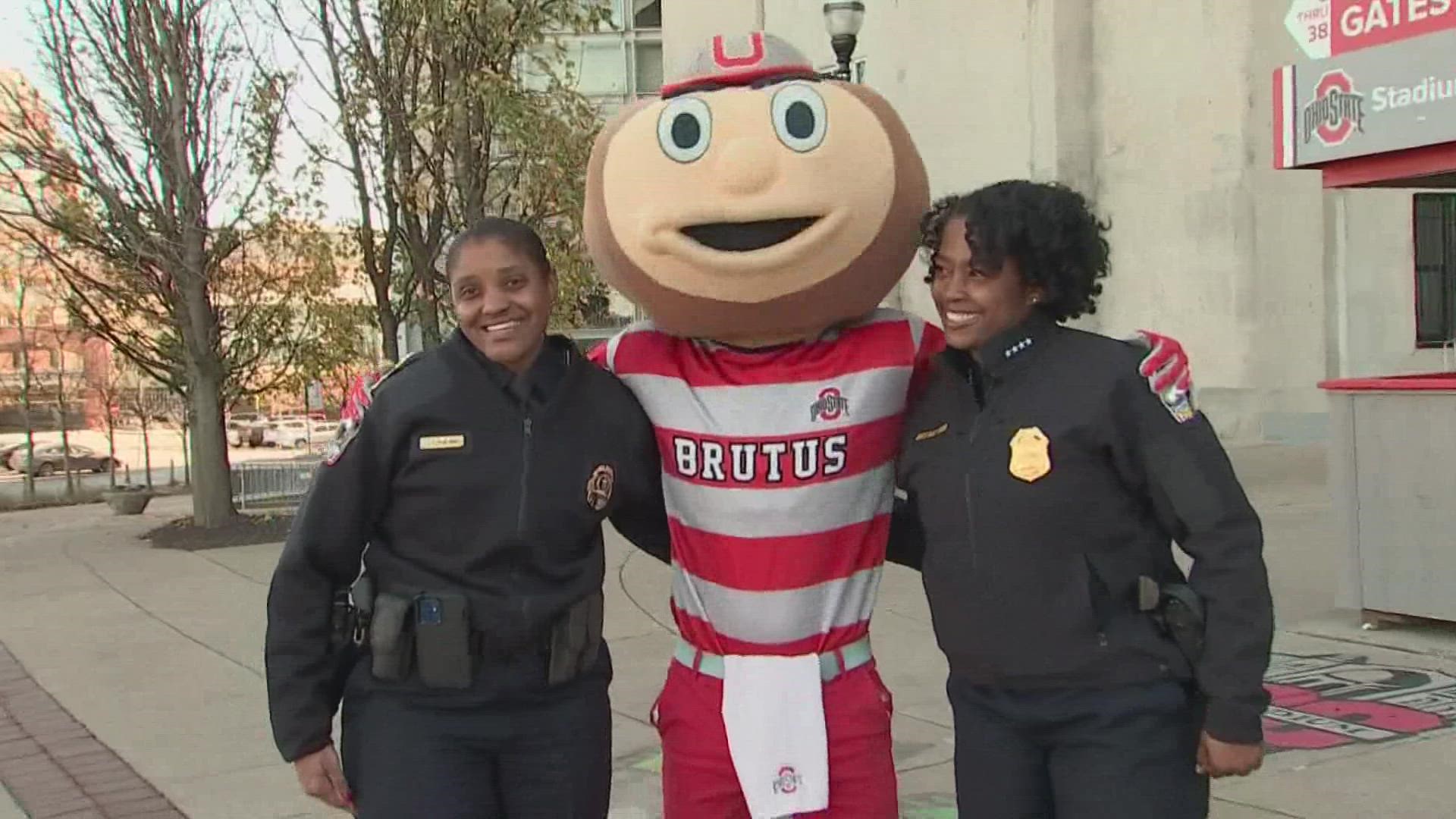COLUMBUS, Ohio — As fans are looking to buy last-minute tickets to The Game this weekend, the Better Business Bureau of Central Ohio is issuing a warning on the “peak week of scams.”
Ohio State plays Michigan this Saturday and it’s bringing tons of people to central Ohio. That also means scammers will be looking to capitalize on the opportunity.
“This weekend’s OSU tickets are such a hot commodity for unsuspecting buyers hoping for a break. Fans who normally would never click unknown links, respond to ads, or dare to dig for deals will do anything to be in person for the kickoff,” said President Judy Dollison.
The BBB says to be aware of these signs: if a person offers a hard-stock ticket or if the price is too good to be true. If someone offers to email something, but only after sending money, it’s likely not going to be a real ticket/
It is highly advised to not enter a transaction if you don’t know the person.
People should contact the Better Business Bureau and the credit card issuer if they’re a victim of a scam.
Below are other tips from the BBB to avoid ticket scams before the Ohio State-Michigan game.
• Don’t fall prey to a false sense of urgency. People often think they are the first to see a deal and act rashly trying to secure it.
• Don’t purchase tickets if they don’t include the block, row, and seat details. If those details are missing, the tickets may not be in the hands of the seller yet or not exist at all. Before you buy, ensure the seats do exist in that particular venue.
• Never use person-to-person payment methods (Venmo, Cashapp, Zelle, etc.) and avoid debit cards unless the seller is personally known. Even then, it’s not a good idea because these forms of payments offer no recourse. Credit cards often have recourse if the tickets are not as promised but debit cards, wire transfers or cash transactions most often do not.
• Don’t communicate outside of platforms such as eBay, especially at the request of the ‘seller.’ There will be no recourse or protection that would have been provided by the legitimate site. Scammers will demand quick payment with person-to-person aps but never provide the purchased items or send fraudulent items.
• Don’t buy tickets from unauthorized sources. DO buy from a business that has some sort of guarantee.
• Be wary of advertisements. When you search the web for online tickets, avoid clicking through online ads or from emails. A common scam trick is to mimic a web address similar to a well-known company.
• Always research the seller/broker on BBB.org to learn what other customers have experienced. If you’ve spotted a scam (whether or not you’ve lost money), report it to BBB Scam Tracker. Reports help others avoid falling victim to scams. Learn how to spot a scam at BBB.org/SpotAScam.

